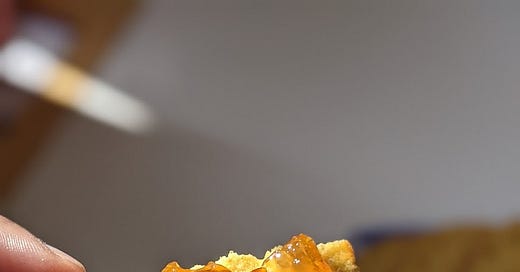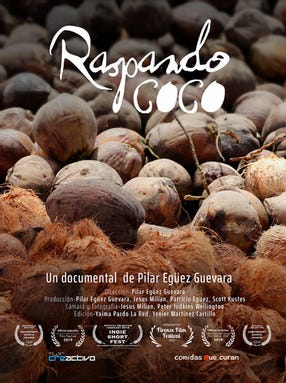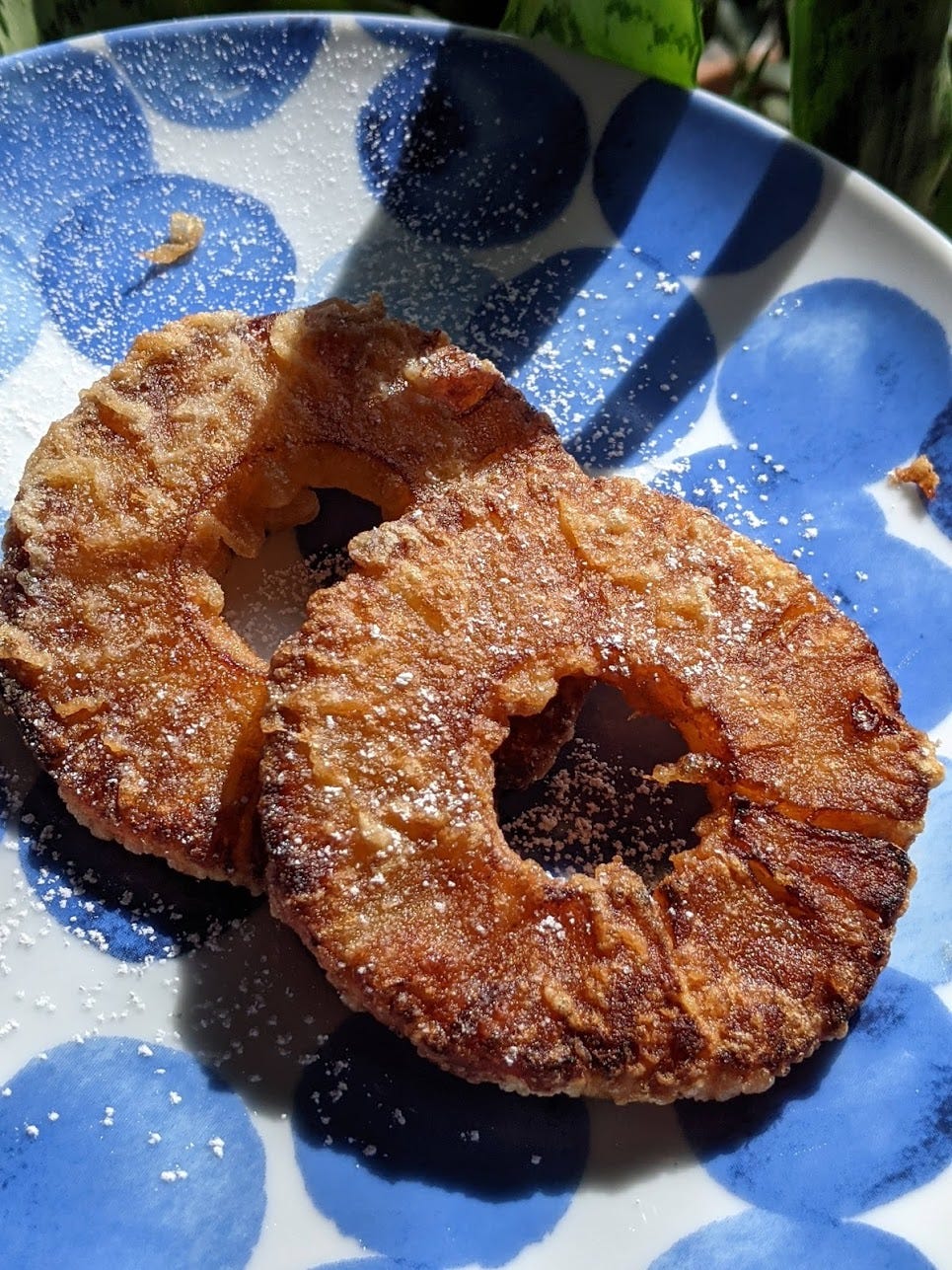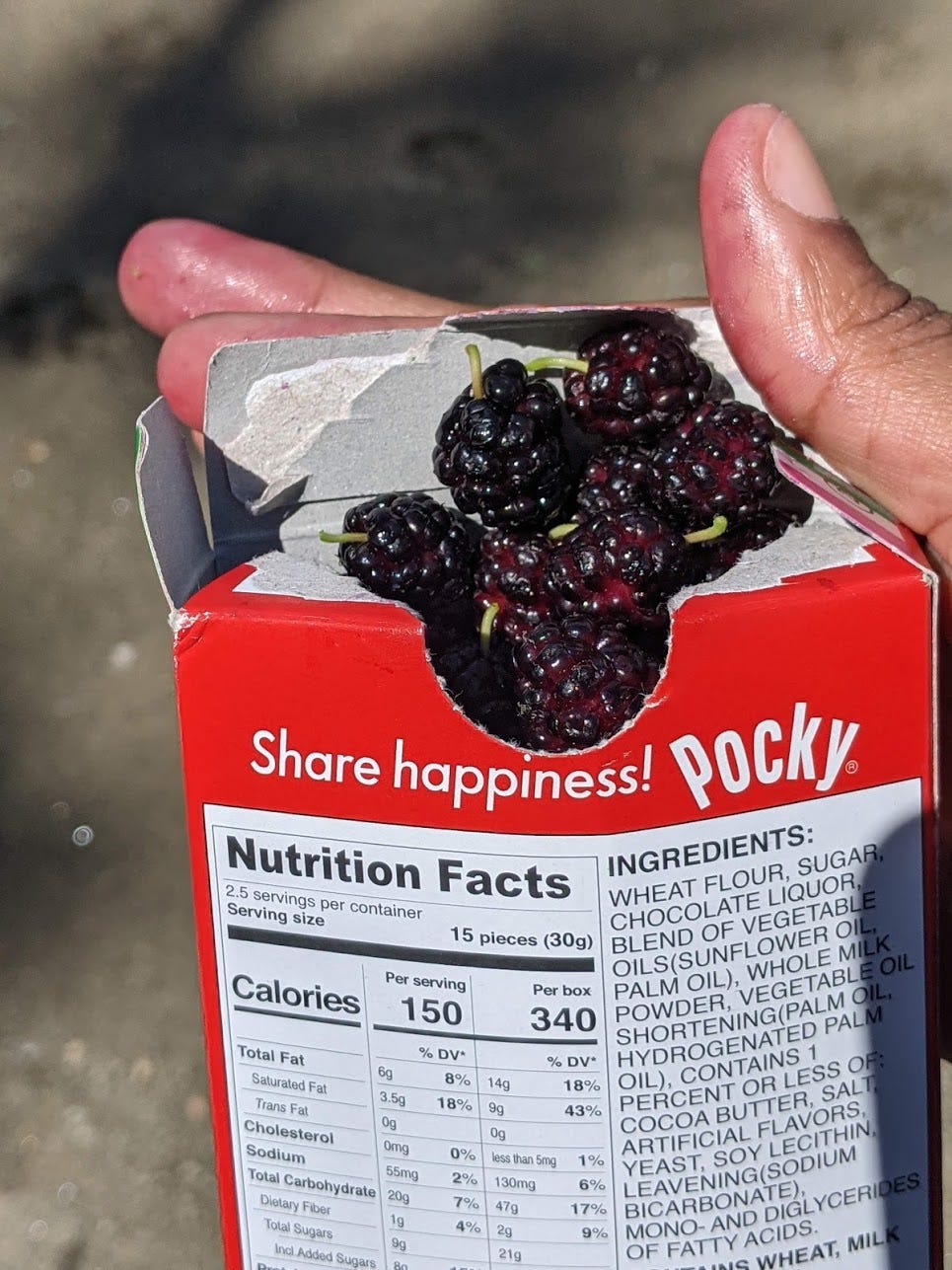The Importance of the Ecuadorian Coconut.
Weeks ago I watched a short film called Raspando Coco which took place in the city of Esmeraldas in Ecuador. The film was about the significance of the coconut in the Afro-Ecuadorian coastal community. For generations, the coconut was the central ingredient to most Afro-Ecuadorian dishes, but in the last few decades coconuts have been villainized due to a rise in diabetes + heart disease. Many studies show that there is no correlation between the saturated fats in coconuts + these diseases. I was so enlightened by this film that I reached out to the director and got to chat with her directly about it.
Needless to say, I wrote copious amounts of notes + was in my happy place which is talking about the intersection of food + culture (basically, I got to nerd out for an hour). In the film, I learned that Afro-Ecuadorians have contributed a lot to Ecuadorian cuisine, but encounter racism + classism from their fellow Ecuadorians. Their local economies are crumbling; farmers who grew + sold coconuts are finding it extraordinarily difficult to do so since demand has drastically dropped from misinformation about the fruit + its links to comorbidities. In my conversation with director Pilar Eguez, who is Ecuadorian herself, we chatted about the influence of commercialism on food and how traditional foods somehow end up getting the short end of the stick.
Some traditional foods get a bad rap, like the coconut, and people are told by “nutritionists + health experts” to avoid it even though they’ve been eating it with no problem for generations. It can also be seen with other foods like plantains, corn, and rice. Folks are told that these foods are too starchy or high in sugars or just no good for you. They are then repackaged and sold back to those same people, but for a higher price. Case in point for the coconut, mega brands that sell coconut water and make products like coconut oil.
None of this actually surprises me anymore. So many of these things are direct results of capitalism and residue of colonialism. If fewer coconuts are grown and used by folks what will the future of Afro-Ecuadorian cuisine look like? This question is one that I have circled in my research notes + makes writing this book just that more important for me.
EATING
Here are some delicious thingies I’ve cooked/eaten in the past few days:
Cook. Eat. Repeat.
Natalie








